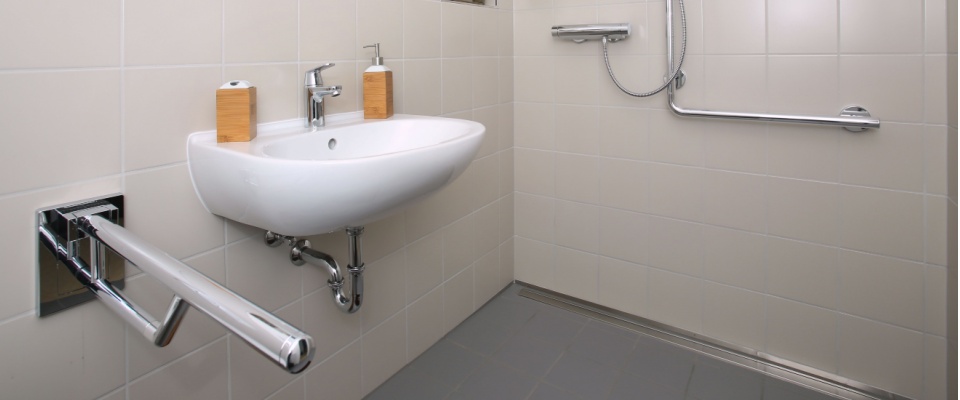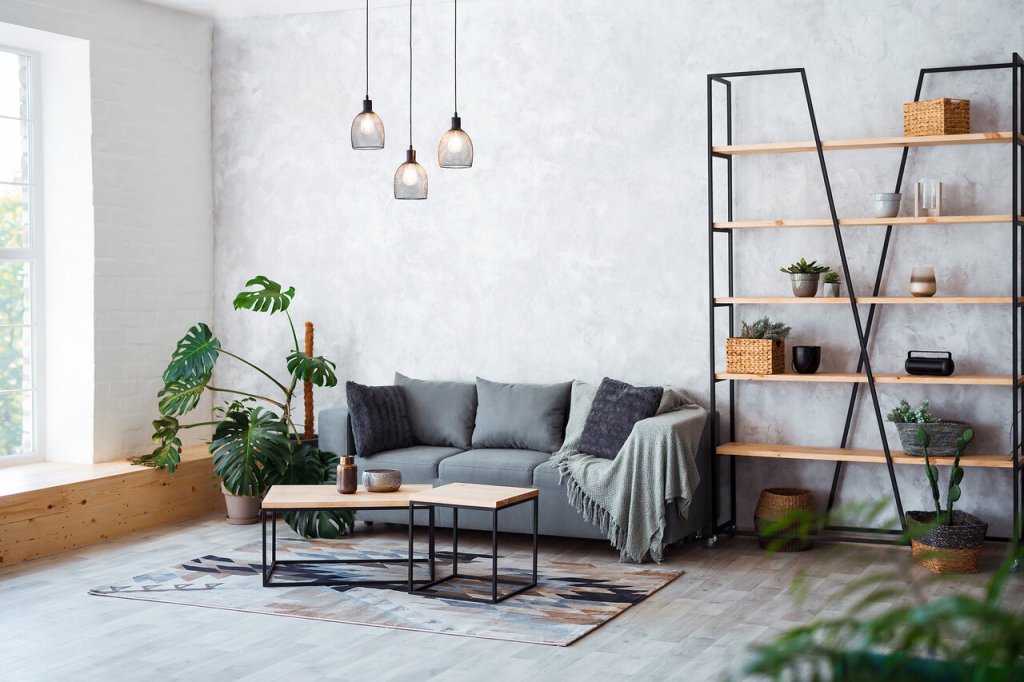Life and housing needs can change as new chapters in your adult life unfold. The big family home that once made sense may now feel like too much work or too expensive to keep. That’s why more older adults are turning to renting or finding alternatives that fit their new lifestyle more.
Downsizing for seniors is not just about moving into a smaller place. It’s also about creating a lifestyle that’s safe, affordable, and enjoyable.
This guide walks you through what to consider before signing a lease, from accessibility to renters insurance and community connections.
Why downsizing for seniors is on the rise
In the last decade, the number of renters over 65 grew by more than 2 million, accounting for almost 30% of renters in the U.S. Rising housing costs, limited supply of affordable homes, and the desire for less responsibility are driving this shift.

For many older adults, downsizing is about freedom: moving closer to healthcare, family, or services without the upkeep of a large home.
Key considerations for senior renters
1. Location and convenience
When you’re looking for a new place to live, the right location can make or break your daily routine. Living near essential services can make everyday life easier and safer.
Here are some questions to consider about your new place:
- Is it close to grocery stores, pharmacies, and healthcare providers?
- Is public transportation or a senior ride service nearby?
- Is the area safe and well-lit at night?
2. Accessibility
As you age, sets of stairs may get tougher or rooms may get more difficult to move through. Look for apartments that have features that support long-term comfort for seniors, like:
- Few or no stairs.
- Wide hallways and doorways.
- Grab bars in bathrooms or space to install them.
- Good lighting throughout the apartment.
- Non-slip flooring.

3. Lease terms that work for you
When downsizing, reviewing the lease agreement can help you avoid unexpected costs or limitations. You’ll want to pay attention to:
- Length of the lease (month-to-month can offer more flexibility).
- Rent increase policies and required notice.
- What’s included in the rent (utilities, parking, maintenance).
- Early termination policies in case of health or family changes.
These points help you avoid unexpected costs or limitations.
4. Renters insurance for peace of mind
Renters insurance is often overlooked, but it’s an important part of downsizing for seniors. Even if the landlord’s policy covers the building, it won’t cover your personal belongings. Renters insurance can help pay for:
- Replacing belongings after theft, vandalism, or fire.
- Temporary housing if your unit becomes unlivable.
- Liability protection if someone gets hurt in your home.
Property managers commonly require renters insurance for these reasons, so it's important to check your lease and pursue a compliant policy.
Renters insurance can also bring benefits if you reside in a senior living community. For example, with ResidentShield, you can enroll in an electronic protection program and access coverage for a discounted price.
5. Maintenance and responsiveness
One of the perks of renting is not having to handle repairs yourself. But not all landlords or property managers provide the same level of service. Before signing, ask:
- Who handles maintenance calls?
- How fast are requests usually resolved?
- Is there 24/7 emergency support?
6. Social connections and community
A good community is just as important as a comfortable home. When downsizing, look for places that support connection:
- Communities with shared spaces or activities.
- Proximity to senior centers, parks, and libraries.
- Pet-friendly buildings if you have (or want) a companion animal.
7. Safety and emergency planning
Adding safety checks to your downsizing plan helps protect your well-being. Look for:
- Smoke detectors and fire alarms in working order.
- Well-lit entrances and secure locks.
- A clear evacuation plan in case of fire or disaster.

Making downsizing work for you
Downsizing isn’t all about giving up space or compromising. It’s about gaining freedom. A smaller, safer, and more manageable rental can open the door to new experiences, less stress, and more time for the things you love.
A quick lease review, renters insurance, and the right community make for a smoother, more rewarding transition.




